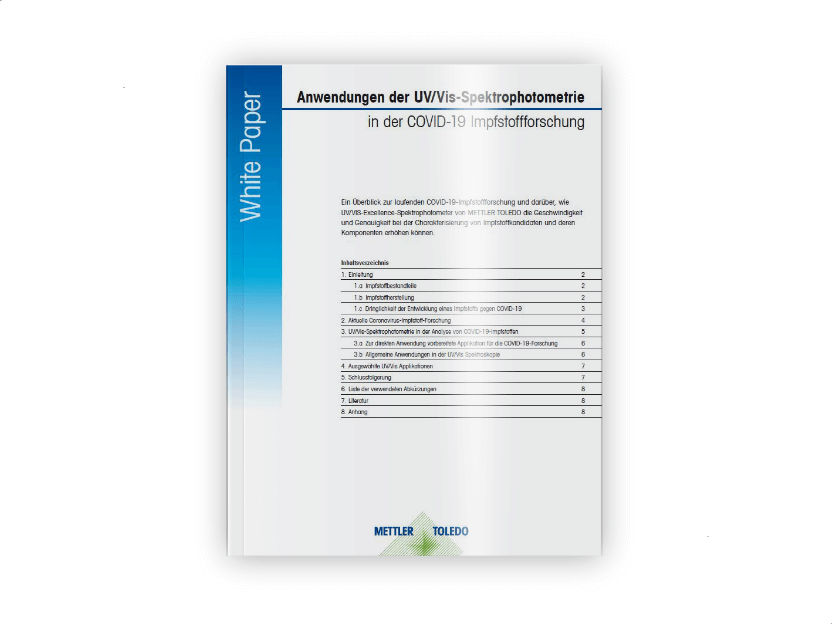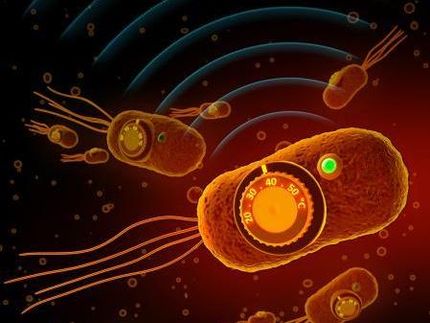Forensic clock calls time on crime
A stray hair, or a spatter of blood or saliva, is all it takes to prove that a suspect was at the scene of a crime. But until now, there was no way of knowing when the suspect was there - an element of doubt often exploited by defence lawyers. An ingenious new technique that measures how quickly genetic material breaks down could change that. DNA profiling is now a ubiquitous forensic tool.
This month, the UK police force collected its millionth DNA sample. But DNA profiling cannot give an indication of the age of a biological sample, and though there are techniques that can, they are not reliable enough to be used as evidence in court, says Clifton Bishop, director of the forensic and investigative science programme at West Virginia University in Morgantown. All require a relatively large sample, only work on blood, and are affected by environmental conditions. Bishop and his colleagues have developed a test based on two forms of RNA.
They discovered that messenger RNA breaks down faster than ribosomal, or rRNA, so it is possible to work out when a sample was deposited by measuring how much of each type is present (Forensic Science International, DOI: 10.1016/j.forsciint.2004.04.071). The test works with just one microlitre of blood and might even be sensitive enough to tell investigators when a fingerprint was left, though the team have not yet tried this.
Bishop is not sure why rRNA breaks down more slowly, but he believes it may be because rRNA is protected by proteins that bind it into ribosomes- part of the cell's machinery for producing proteins. The team has shown the method can be used on samples up to 150 days old, but extensive research is needed before it can be used in court.
For example, the team do not know how the technique is affected by changes in environmental conditions such as temperature and humidity. They will also need to find out exactly how it works. "For this to be bombproof in court, I think the mechanism needs to be explained," says Nigel Watson, an expert in forensic DNA analysis at the University of Strathclyde in the UK.
This article was posted by New Scientist Press Office.
Most read news
Organizations
Related link
Other news from the department science

Get the life science industry in your inbox
By submitting this form you agree that LUMITOS AG will send you the newsletter(s) selected above by email. Your data will not be passed on to third parties. Your data will be stored and processed in accordance with our data protection regulations. LUMITOS may contact you by email for the purpose of advertising or market and opinion surveys. You can revoke your consent at any time without giving reasons to LUMITOS AG, Ernst-Augustin-Str. 2, 12489 Berlin, Germany or by e-mail at revoke@lumitos.com with effect for the future. In addition, each email contains a link to unsubscribe from the corresponding newsletter.
Most read news
More news from our other portals
Last viewed contents
New technique multiplies life span in simple organisms
Zoophobia
Discovery of the adherence mechanism of red algae to the rock
Alfons_Maria_Jakob
Growth_hormone
Sex_organ
Spanish_fly
Category:Plant_physiology
Beefalo
Quantum mechanics explains efficiency of photosynthesis
HHV_Infected_Cell_Polypeptide_0_(ICP0)



















































